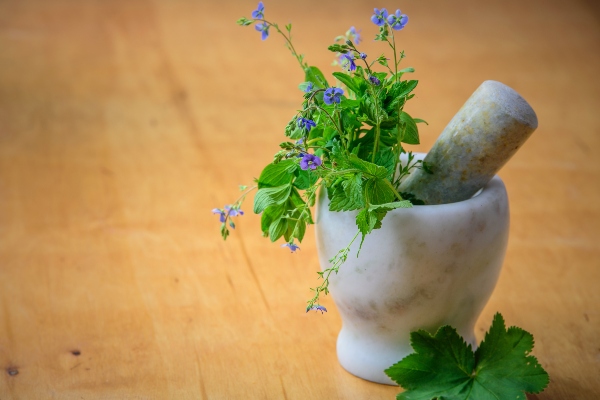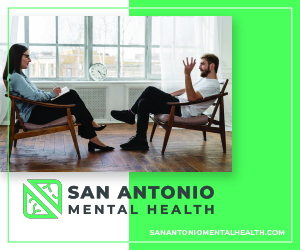Nature’s alternatives to prescription drugs
By Annette M. Zaharoff, MD
Many people are using prescription and non-prescription medications for a number of different reasons. Unfortunately, one of the risks of using medications is facing some unwanted side effects. In fact, over 100,000 people die in American hospitals each year from adverse reactions to medications that were actually used correctly, making prescription medications the fourth leading cause of death. There may be an alternative, with effective, yet gentler, natural remedies.
The following are some options for natural alternatives to very common problems. The information is not meant to replace the advice of your physician. Any changes in your personal medications should be discussed with your doctor. However, the information below may be useful to stimulate a healthy discussion with your physician.
Anxiety
Studies reveal the about 18 percent of Americans suffer from an anxiety disorder, not to mention all the stress that is felt with work and family demands. Other health issues such as high blood pressure and insomnia may accompany stress disorders.
Conventional therapy may involve any number of anti-depressants or mood altering drugs. Many of these are accompanied by side effects such as sedation, addiction and sexual dysfunction.
A natural alternative is an amino acid called L-theanine, found in green tea, which has been found to have very positive treatment results for anxiety. L-theanine has been found to stimulate the brain to produce alpha waves which are associated with a relaxed but alert state of mind. Neurotransmitters such as serotonin and dopamine, which increase our sense of well being, are also increased. The recommended amount per day is 50 to 200 mg. of the brand Suntheanine a few times per day.
Hot flashes
More than half of menopausal women experience hot flashes. Hormone replacement therapy (HRT) is the conventional treatment to cool hot flashes. Research studies have shown that HRT may increase the risk of breast cancer by 26 percent, heart attack by 29 percent and stroke by 41 percent, according to a 2002 Women’s Health Initiative study looking at more than 16,000 post-menopausal women.
Other natural options may include black cohosh, soy, red clover, and an herb called “kudzu.” Black cohosh has been found to be very beneficial in treating hot flashes and may relieve mild depression and mood swings as well. In fact, 40 mg. of black cohosh extract may be as effective as a low dose estrogen patch for relieving hot flashes, anxiety, and depression.
Soy may decrease hot flash frequency up to 20 percent, taking 50 to 150 mg. of soy isoflavones daily. Foods like tofu, edamame, and soy milk contain about 30 mg. in one serving.
Red clover may be taken alone or combined with kudzu to reduce the frequency of hot flashes. A supplement containing 40 mg. of isoflavones daily is recommended.
Prostate cancer
Not to forget you guys — did you know that every two and a half minutes, another man is diagnosed with prostate cancer, and every 17 minutes a man dies from it? The most common treatment for early stage cancer may be surgical removal or radiation or possibly chemotherapy.
Healthy nutritional habits may help lower the risk of prostate cancer. Incorporating foods high in lycopenes (tomatoes), zinc, and antioxidant rich fruits and vegetables are beneficial. Another fruit with off the chart anti-oxidant levels is the pomegranate. A study through UCLA showed that men who drank eight ounces of juice daily showed a reduction in a tumor marker called PSA which suggests a slow down in the progression of prostate cancer.
Since medications may have unwanted side effects, it’s helpful to look for effective and perhaps gentler alternatives. Always check with your own physician regarding changes in medications and any concerns you may have about taking natural products or supplements.
Dr. Annette Zaharoff is a sports medicine physician specializing in the non surgical evaluation and treatment of injuries. She maintains a private practice in San Antonio and may be reached by calling her office at (210) 616-0646, or by visiting her Web site www.drZmd.com.






